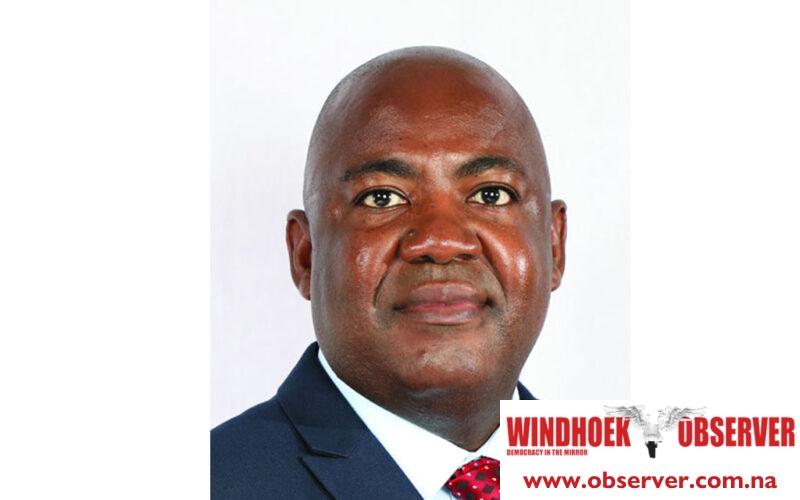Hertta-Maria Amutenja
The Office of the Prime Minister has urged regional councils to continuously update drought relief beneficiary lists to ensure that only eligible individuals receive aid.
The Executive Director in the Office of the Prime Minister, I-Ben Nashandi, stressed the importance of regularly identifying new beneficiaries and updating the current list to reflect those who meet the criteria.
He said that some individuals registered since 2022 may no longer be eligible due to changes in their circumstances, such as relocating or finding employment.
“A lot of people don’t know the true meaning of the drought programme. It is a seasonal programme. The issue of malnutrition cannot be dealt with by a drought programme. That issue is handled by the Ministry of Gender Equality, Poverty Eradication and Social Welfare,” said Nashandi.
He added that the Ministry of Gender also provides various grants, including income grants, children’s grants, and disability grants; however, some beneficiaries attempt to benefit from both a grant and a drought relief programme.
“But then you also get people that receive grants but still want to receive drought relief. You ask yourself, why do you get the money if you do not buy food?” he said.
Last week, Nashandi highlighted that the drought relief programme targets households, not individual homeowners and that income levels are assessed collectively within a household.
The benchmark for working people to qualify for the program is a maximum income of N$3100.
He further explained that people looking after houses on behalf of owners who earn more than N$3100 would not qualify for the program, as their employers should be responsible for their care. This also applies to individuals living in relatives’ homes and earning above the threshold.
Earlier this week, Tsumeb constituency councillor Gottlieb Ndjendjela said he has been using the beneficiary list he found when he took office in 2020.
This statement followed the death of a nine-month-old baby from Tsumeb on 30 May due to malnutrition.
The family, living in a household with more than eight children, faces financial difficulties.
Both parents are unemployed, and none of the children receive any government grants or assistance.
Ndjendjela confirmed that the family was not eligible for regular drought relief, as it is only available to registered individuals and nearby farms.




